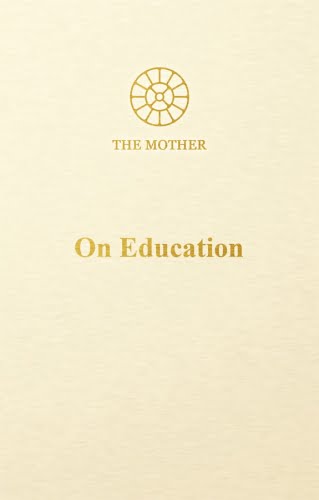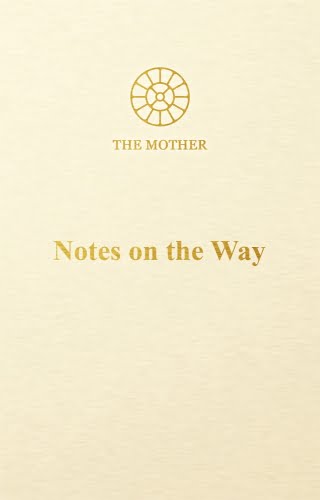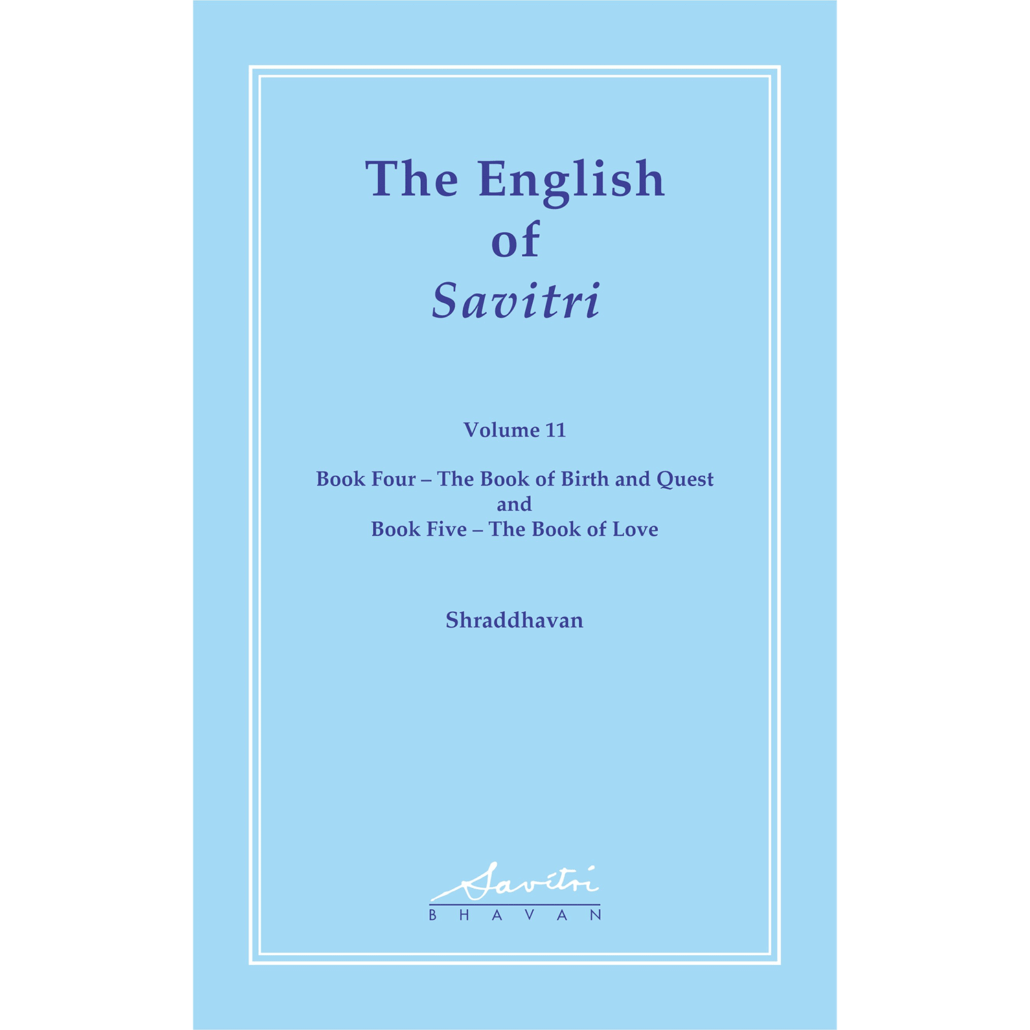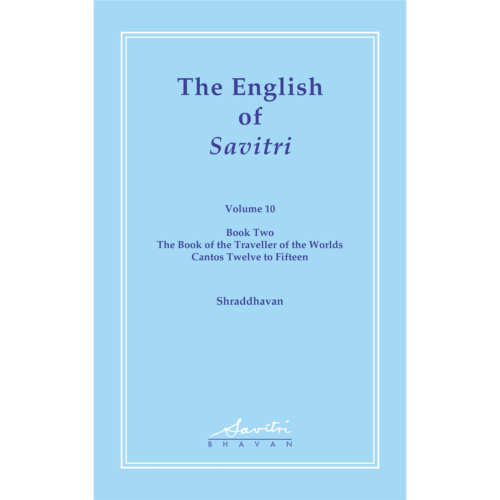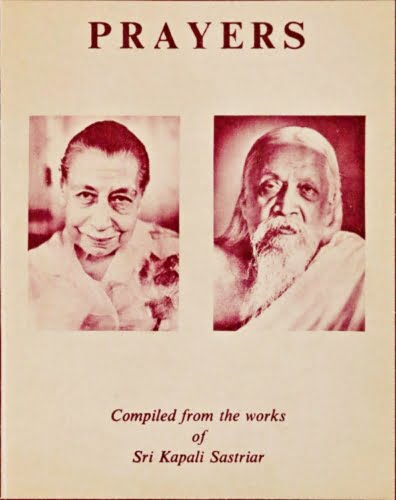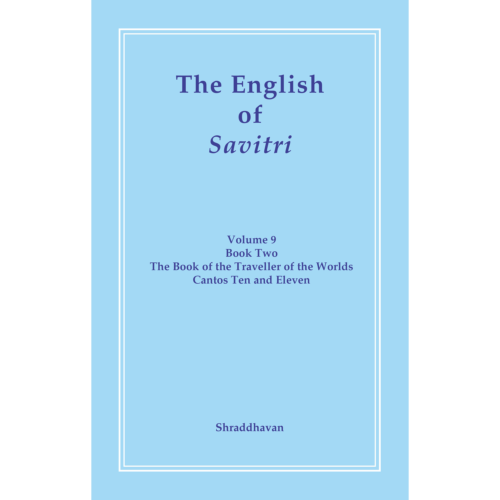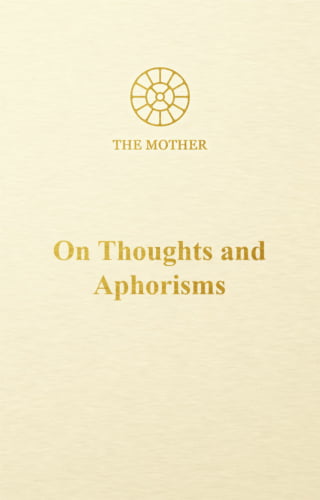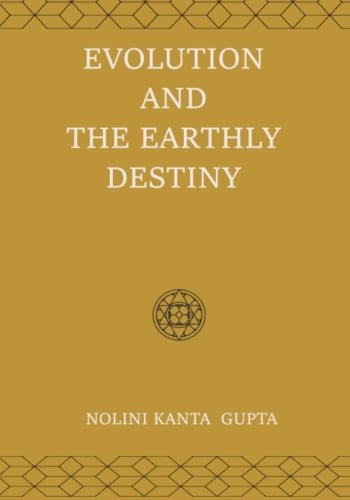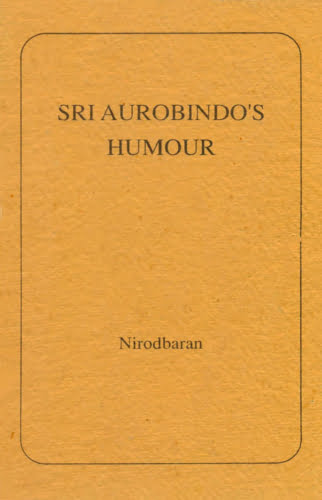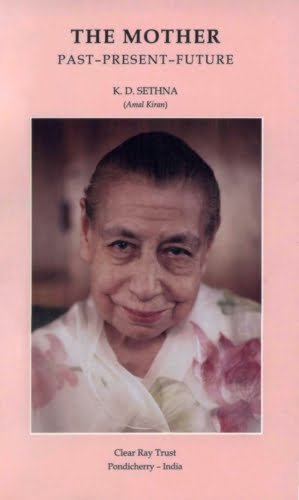On Education (CWM Vol.12)
On Education
Collected Works of the Mother Volume 12
This volume is a compilation of the Mother’s articles, messages, letters and conversations on education. Three dramas, written for the annual dramatic performance of the Sri Aurobindo International Centre of Education, are also included.
PART ONE. ARTICLES
The fifteen articles here were first published in the Bulletin of Physical Education (later renamed Bulletin of Sri Aurobindo International Centre of Education) between 1949 and 1955. The Mother wrote them in French and translated a few, entirely or in part, into English; in this volume, these translations have been retained. The original translations made by others have been revised or new translations made.
PART TWO. MESSAGES, LETTERS AND CONVERSATIONS
PART THREE. DRAMAS
The Mother wrote three dramas in French for the dramatic performance held annually on December 1 by the students and teachers of the Centre of Education. Towards the Future was produced in 1949, The Great Secret in 1954 and The Ascent to Truth in 1957. Each play was issued as a booklet immediately after its performance, with the text in both French and English. For this volume, the original translations have been revised. For The Great Secret, the Mother wrote the parts of the Statesman, the Artist and the Unknown Man; the parts of the four other characters were written, in consultation with the Mother, by those who played the roles. The parts of the Writer and the Athlete were written in English. A letter to the person who portrayed the Industrialist is included as an introduction to the drama.

